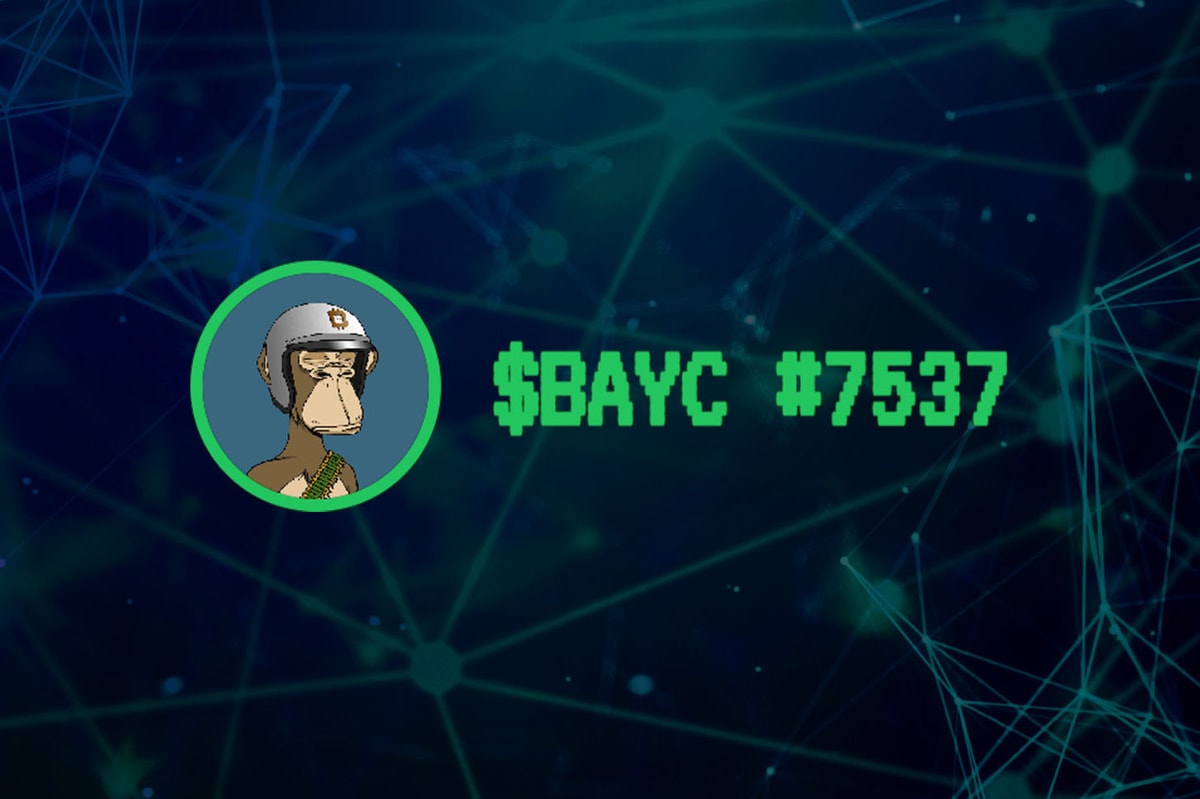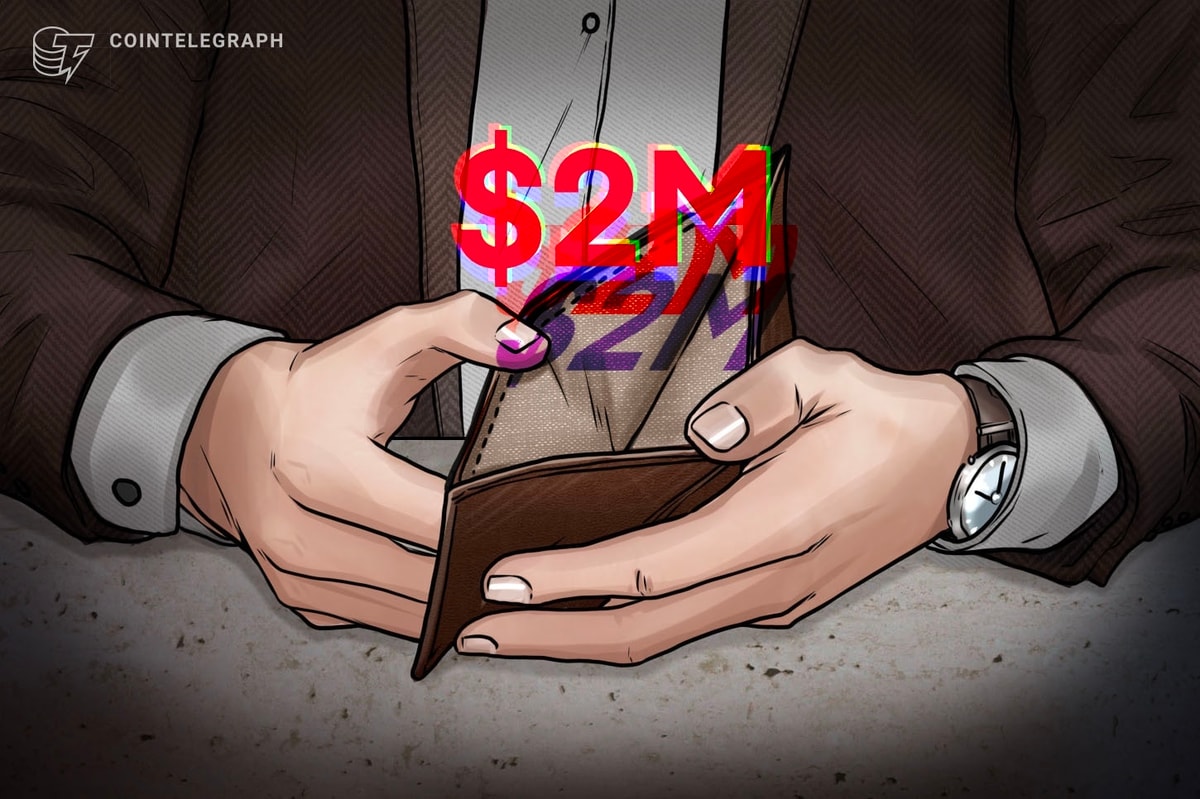A bug in all Zcash (ZEC) implementations and most of its forks could leak metadata containing the full nodes’ with shielded addresses (zaddr) IPs.
Komodo (KMD) developer Duke Leto disclosed the bug in a blog post published on his personal website. A Common Vulnerabilities and Exposures (CVE) code has already been assigned to track the issue on Sept. 27. Leto explained:
“A bug has existed for all shielded addresses since the inception of Zcash and Zcash Protocol. It is present in all Zcash source code forks. It is possible to find the IP address of full nodes who own a shielded address (zaddr). That is, Alice giving Bob a zaddr to be paid, could actually allow Bob to discover Alice’s IP address. This is drastically against the design of Zcash Protocol.”
Per the announcement, everyone who published their zaddr or provided it to a third party could be affected by the vulnerability. Leto claims that users should consider their “IP address and geo-location information associated with it as tied to [...] zaddr.”
Multiple cryptocurrencies affected
According to Leto, users who never used a zaddr, only used it over the Tor Onion Routing network or only to send funds, are not affected. Furthermore, Leto also claims that Zcash is not the only cryptocurrency affected and provides a non-exhaustive list.
The cryptocurrencies included in the list are Zcash, Hush, Pirate, Komodo smart chains with zaddr enabled by default, Safecoin, Horizen, Zero, VoteCoin, Snowgem, BitcoinZ, LitecoinZ, Zelcash, Ycash, Arrow, Verus, Bitcoin Private, ZClassic and Anon. Leto also points out that Komodo has already disabled the shielded addresses feature and transitioned it to the Pirate chain, which means that KMD no longer contains the bug.
As Cointelegraph recently reported, Electric Coin Company, which launched and supports the development of privacy-coin Zcash, recently published a paper describing a trustless cryptographic system called Halo.
Update: The original article incorrectly referred to Duke Leto as a Komodo core developer.











